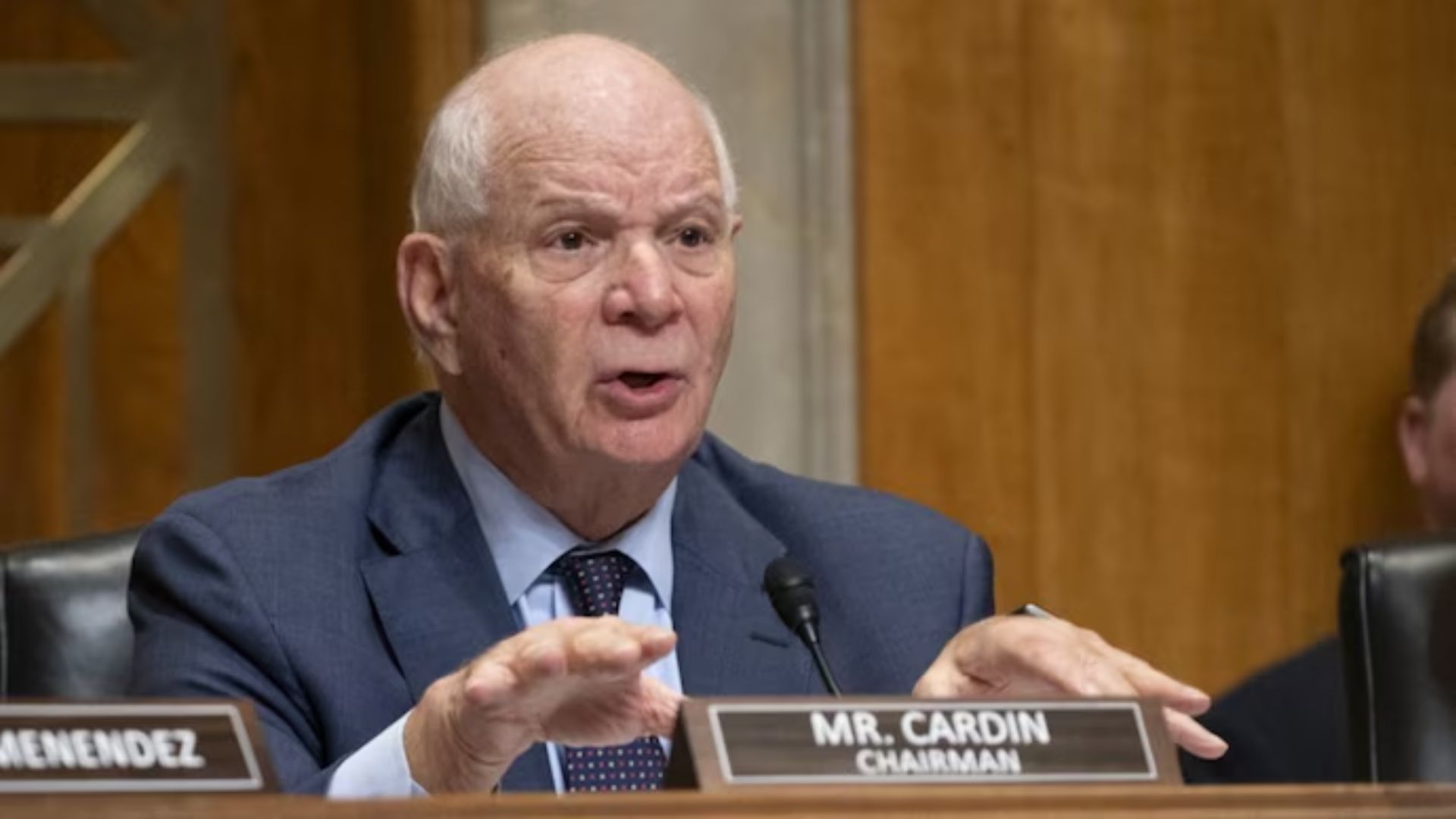


An American senator has expressed apprehension regarding the Indian government’s notification of rules for implementing the Citizenship (Amendment) Act (CAA). The senator emphasized that as the relationship between the US and India strengthens, it is crucial for cooperation to be based on shared values that uphold human rights for all individuals, regardless of their religion.
India recently implemented the Citizenship (Amendment) Act, 2019, which allows for the granting of citizenship to undocumented non-Muslim migrants from Pakistan, Bangladesh, and Afghanistan who arrived in India before December 31, 2014.
In response to concerns, the Indian government released a press statement clarifying that Indian Muslims need not be concerned, as the CAA will not impact their citizenship. The statement emphasized that the CAA is unrelated to the Muslim community, which enjoys equal rights as Hindus.
“I am deeply concerned by the Indian government’s decision to notify its controversial Citizenship Amendment Act, particularly the law’s potential ramifications on India’s Muslim community. Making matters worse is the fact that it is being pushed during the holy month of Ramadan,” Senator Ben Cardin, chairman of the powerful Senate Foreign Relations Committee, said in a statement.
“As the US-India relationship deepens, it is critically important that our cooperation is based on our shared values of protecting the human rights of all persons, regardless of religion,” he said.
Last week, the US State Department expressed its concern regarding the notification of the CAA, emphasizing that fundamental democratic principles include respect for religious freedom and equal treatment under the law for all communities.
India strongly criticized the US State Department for its remarks on the CAA, describing them as “misinformed and unwarranted.” The Hindu Policy Research and Advocacy Collective (HinduPACT) and the Global Hindu Heritage Foundation issued separate statements in support of the CAA.
According to these organizations, the CAA offers expedited citizenship to persecuted Hindu, Christian, Sikh, Buddhist, Jain, and Parsi minorities from India’s neighboring countries. They argued that the legislation demonstrates India’s commitment to protecting individuals and families from religious persecution, aligning with global humanitarian principles.
“The CAA does not impact any citizen of India. The characterisation of this law as being non-secular is unfounded. Hindu minority is discriminated against and decimated in India’s neighbourhood. As Americans, we are disappointed that instead of standing for American values and the human rights of the persecuted, our government has chosen to oppose this humanitarian effort,” said Ajay Shah, founder and co-convenor of HinduPACT.
Deepti Mahajan, co-convenor of HinduPACT, expressed surprise at the apparent lack of empathy towards the hardships faced by young girls belonging to Hindu, Sikh, and Christian minority groups in Pakistan.
“According to the UN Human Rights Commission, BBC and APPG reports, on average, 1,000 girls a year, as little as 10 years old, get abducted, converted, and become victims of sex slavery and forced marriages in Pakistan. Instead of calling out the government of Pakistan for its complicity in this ongoing heartbreaking act, the State Department seeks to criticise the Government of India’s effort to help these innocent victims,” she said.
V S Naipaul of the Global Hindu Heritage Foundation stated, “The Citizenship (Amendment) Act, 2019, focuses on the predicament of minorities enduring brutalities, persecution, forced conversion, murders, rapes, and various other atrocities in our neighboring Islamic nations, where the principles of secularism, peace, and humanity find it difficult to exist.”